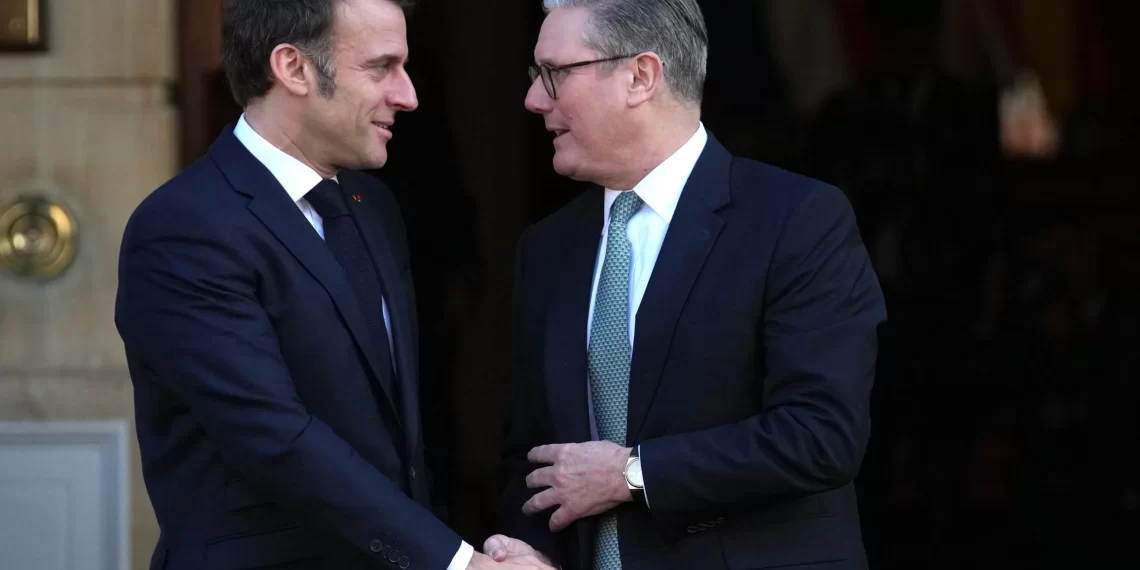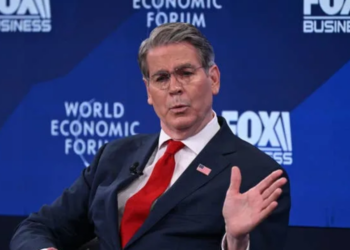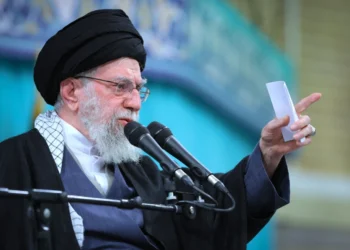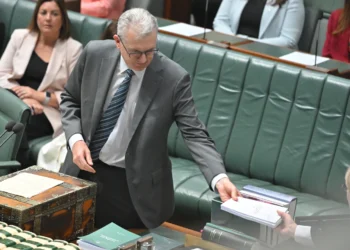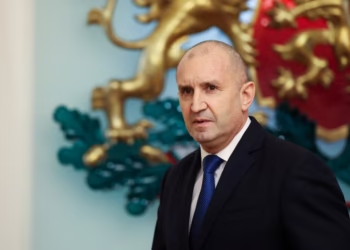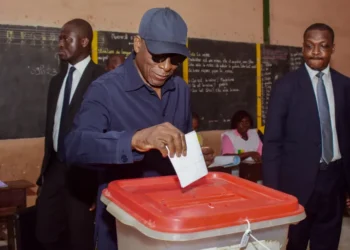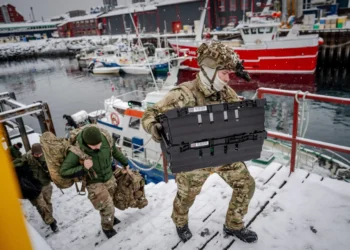LONDON (Realist English). UK Prime Minister Keir Starmer and French President Emmanuel Macron are projecting a renewed era of Anglo-French unity during Macron’s state visit — the first of its kind since Nicolas Sarkozy in 2008. But despite the warm optics, frictions are mounting behind closed doors, particularly over how to handle Donald Trump, transatlantic trade, and the war in Ukraine.
The visit, billed as a symbolic reset after years of post-Brexit rancor, includes talks on defense cooperation, Channel migration, and nuclear energy, capped by a royal reception at Windsor Castle. Yet diplomats on both sides admit to strategic differences that may deepen as Trump’s influence grows.
“There has been a clear, tactical decision from No. 10 to have difficult conversations in private,” said a former British senior diplomat. “That’s not so much Macron’s style.”
Both governments are trying to keep Trump engaged in Ukraine peace talks, but approaches differ. Starmer’s method is cautious — discreet and conciliatory. Macron, by contrast, has publicly needled Trump, from Greenland visits to comments about his absence from the G7.
“The British premier is much more cautious when it comes to dealing with the White House,” said a French academic close to Macron. Another senior UK official described Starmer’s approach to Trump as “shameless but necessary.”
Trade friction rising
Tensions are especially acute around the UK’s provisional deal with the Trump administration to mitigate tariffs on British goods — a deal not extended to France or other EU states. French officials see the arrangement as a breach of European solidarity.
“They are ready to sell their soul for a deal with the U.S.,” said a senior figure from Macron’s Renaissance party. A UK diplomat replied with what was described as a “large eye-roll emoji.”
With the 90-day tariff freeze expiring Wednesday, Paris is expected to pressure London to resist further U.S. demands.
Uneasy coalition on Ukraine
Fractures are also evident in the countries’ efforts to maintain cohesion among allies backing Ukraine. Two French officials admitted there is “a lack of direction” in the so-called coalition of the willing, with UK reliance on unmaterialized U.S. guarantees raising concern.
To reassure partners, Downing Street is convening a coalition meeting during Macron’s visit. But suspicions remain. One British official accused Macron of viewing Ukraine diplomacy through the lens of his legacy ambitions, pointing to his posture during recent Iran talks as another example.
Broader tensions persist, including disputes over fisheries access and irregular migration across the Channel. The UK wants stricter French enforcement; France insists it’s a pan-European challenge.
Despite these undercurrents, both leaders see strategic value in their partnership. “They have different styles but they are like-minded,” said a French academic. “In that regard, they both need each other.”


